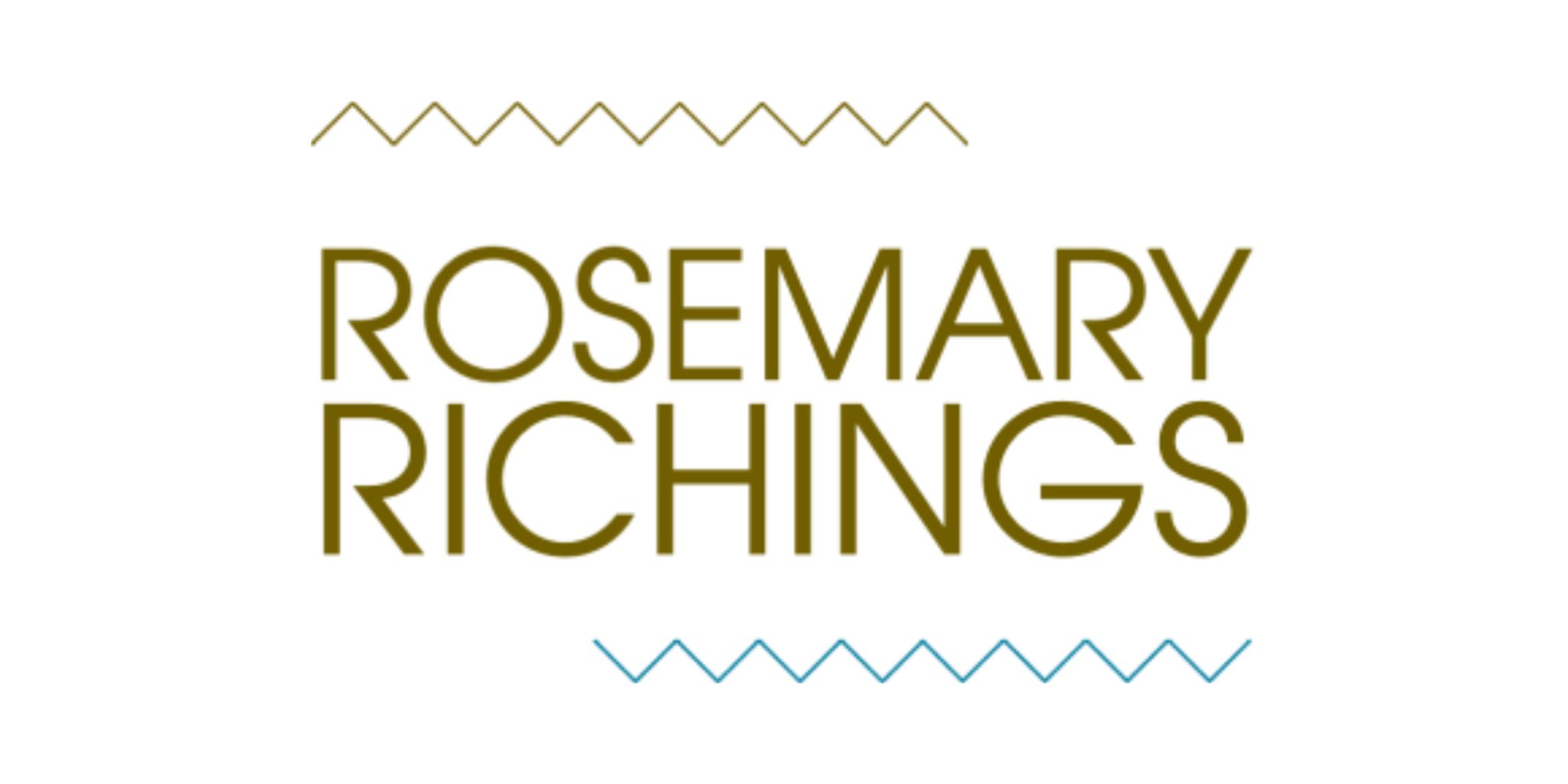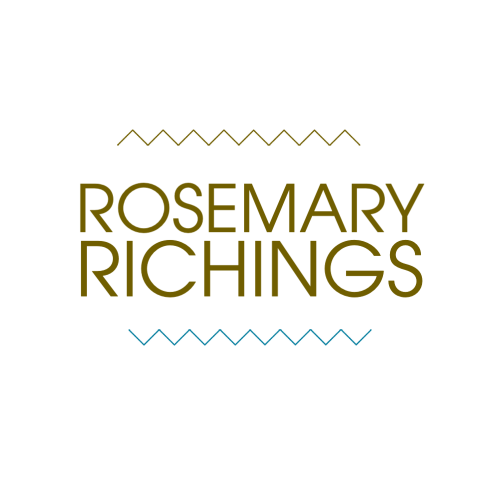I remember my first time interviewing someone. Back then I was an intern at Ryerson University’s Eyeopener Newspaper, an indie, left- wing newspaper that’s unapologetically edgy, and I was only 16 or 17 years old. It was an internship I scored through my high school, the year I became eligible to take co-op instead of science. What started as a scheme to avoid taking something I’m terrible at turned into an extremely valuable learning experience, where I learned valuable lessons such as how to write an article, how to work with editors, and how to be fairly treated by people I work with, that are still relevant to me.
So this is how my first time interviewing someone happened: one of Eyeopener’s editors approached me, gave me a notepad with a phone number, a name, and a couple questions and said: “could you call this person and ask them questions? Thanks kid.” I was flattered by the responsibility I was given so of course I said “yes,” and followed orders without asking questions, like an affectionate sheep dog, that’s still a puppy. In high school I struggled with social anxiety issues so the minute I dialled the number I recall feeling a combination of terror and excitement simultaneously, but the one thing that always helped me fight against it back then, is the same thing that helps me fight against it now: the life lessons I learned from theatre and acting classes. Case and point: when my first time interviewing someone happened I learned that interviewing people has nothing to do with the interviewer, and everything to do with the interviewee. It’s a listening exercise, where an interviewer functions like a good performer, as they react accordingly and pay close attention to the person in front of them.
People always tell me I’m a great interviewer because I’m a really great listener, but I think that a lot of it derives from the fact that I listen and think a lot more than I actually speak. I began to feel extremely confident about interviewing strangers once I learned that excelling as an interviewer isn’t about having the loudest voice, the best opinion, or the biggest personality in fact it’s something much deeper than that; it’s about being a really great listener, and being really good at reading people’s behaviour, and the nuances of the words that come out of their mouth. But what do I mean by all that? Overall it’s about being able to throw one’s ego out the door for a while, and learning about others, and what they like and dislike. My interview approach involves recording the conversation, rather than writing the words that the interviewee says because this makes the interview a lot less mechanical and a lot more natural. Also: I have Dyspraxia so I find the idea of talking, while simultaneously leading a discussion and writing overwhelming because there’s more than one thing to keep up with/process at once.
But what is a good interview really? It’s a well crafted, thoughtfully structured conversation, where the interviewee feels confident about speaking freely, openly, and honestly, nothing more, nothing less.

